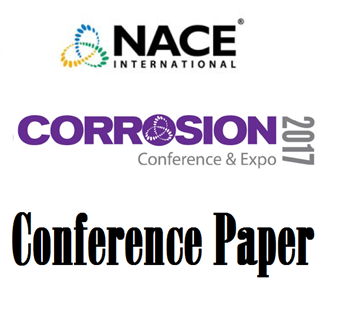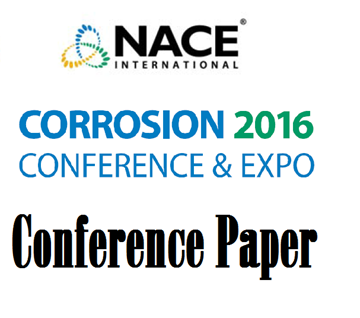Search
Cracking in Aging Austenitic Stainless Steel on Cryogenic Pipeline Application
Also Purchased
Cryogenic Spillage Protection (CSP) on FLNG: Improving Safety Through Standardization
Product Number:
51317--8968-SG
ISBN:
8968 2017 CP
Publication Date:
2017
$20.00
51316-7223-Corrosion Assessment of Pipeline Steels in Supercritical Carbon Dioxide Stream
Product Number:
51316-7223-SG
ISBN:
7223 2016 CP
Publication Date:
2016
$20.00
Design Of Cathodic Protection System For Duplex Stainless-Steel Pipeline: Protection Criteria And Hydrogen Embrittlement Management
Product Number:
51322-18124-SG
Publication Date:
2022
$20.00




